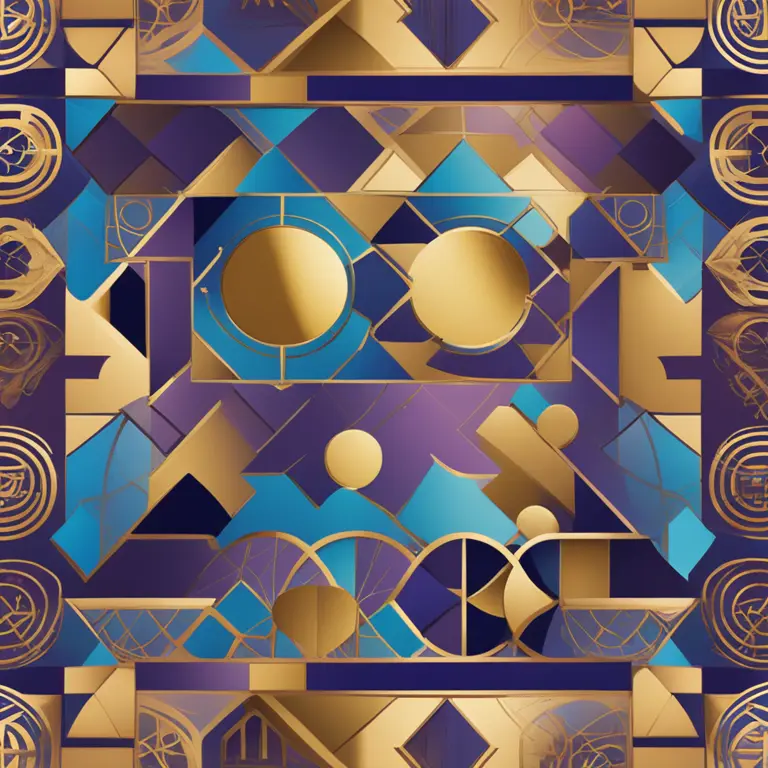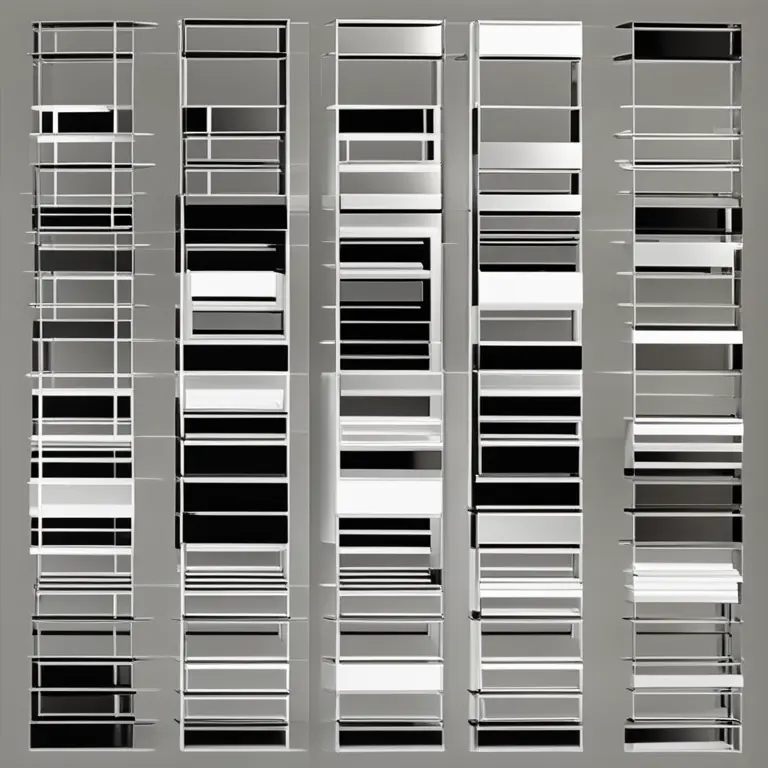
The Numerology Debate: A Science or Mysticism?
An in-depth look into numerology, assessing its scientific basis and potential for providing insights into human life and the universe.
article by Sofia Ferguson
Numerology's Foundation
Numerology, a practice as ancient as any form of divination, claims to discern meaning from numbers and their combinations. Numbers, after all, are the universal language, a concept famously echoed by mathematician Galileo Galilei. In numerology, everything from your birth date to your name can be broken down into numbers that, supposedly, reveal your destiny, personality, and life's purpose. Central to this is the idea that numbers have inherent vibrational properties which resonate with cosmic energies. This underlies the numerological practice and its perceived power to interpret the universe's enigmatic script.

Scientific Scrutiny of Numerology
In the scientific community, numerology is largely regarded with skepticism. Unlike astrology, which has seen some correlation in personality traits based on birth month—albeit through a flawed understanding of star positions—numerology lacks empirical evidence. Critics argue that for something to be considered scientific, it must be observable, measurable, and, most importantly, falsifiable. Numerology's principles do not fall neatly into these parameters, as they rely more on subjective interpretation than on objective evaluation.

An Interdisciplinary Perspective
However, there's an emerging interdisciplinary dialogue that seeks to bridge the gap. Cognitive science has shown that humans are natural pattern seekers, which could explain why numerology and its findings resonate on a psychological level. Moreover, modern computational theories explore how the mathematical structure of the universe could imply that numbers indeed play a role beyond pure mathematics. While this does not equate to validating numerology as a science, it highlights the interplay between numbers and the human experience.

The Role of Numbers in Society
Numbers undeniably hold power in society—whether through the tracking of time, in architecture, music, or even the stock market. This importance, some numerologists argue, is testament to a deeper, possibly intrinsic significance of numbers in the fabric of reality. Such an argument leans toward a more panpsychist or philosophical stance than a scientific one, but it does highlight an often overlooked fact: numbers are at the core of civilization's progress and understanding.

Numerology in the Digital Age
Today, interest in numerology is on the rise, fueled by the expansive reach of the internet and the trend of personal wellness and spirituality. The digital age has allowed numerology to integrate with algorithms and big data, presenting personalized readings on a massive scale. While this undoubtedly veers away from traditional numerology, it does show a unique blend of ancient wisdom and modern technology, begging the question if there’s more to it than mere mysticism.
The Verdict on Numerology
Is numerology a science? By the current definition and scientific method, it doesn’t quite make the cut. But is there merit in studying it, or at least in considering its influence on humans historically and culturally? Absolutely. The practices of numerology and its ilk span centuries and civilizations, oftentimes adding richness to life's journey. Perhaps the value lies not in proving it as an empirical truth but in appreciating its role in providing comfort, guidance, and a sense of wonder for those who practice it.
Published: 1/31/2024
Modified: 1/31/2024
More predictions
Come back here soon to learn more about yourself and your future


Zodiac Compatibility Revealed: Cosmic Love Connections
Explore the role of the stars in romance with our Zodiac Compatibility Horoscope, your guide to finding harmony and love in the cosmic landscape.


Zodiac Compatibility Insights
Discover how zodiac signs interplay with love and relationships, revealing the dance of compatibility across the stars.